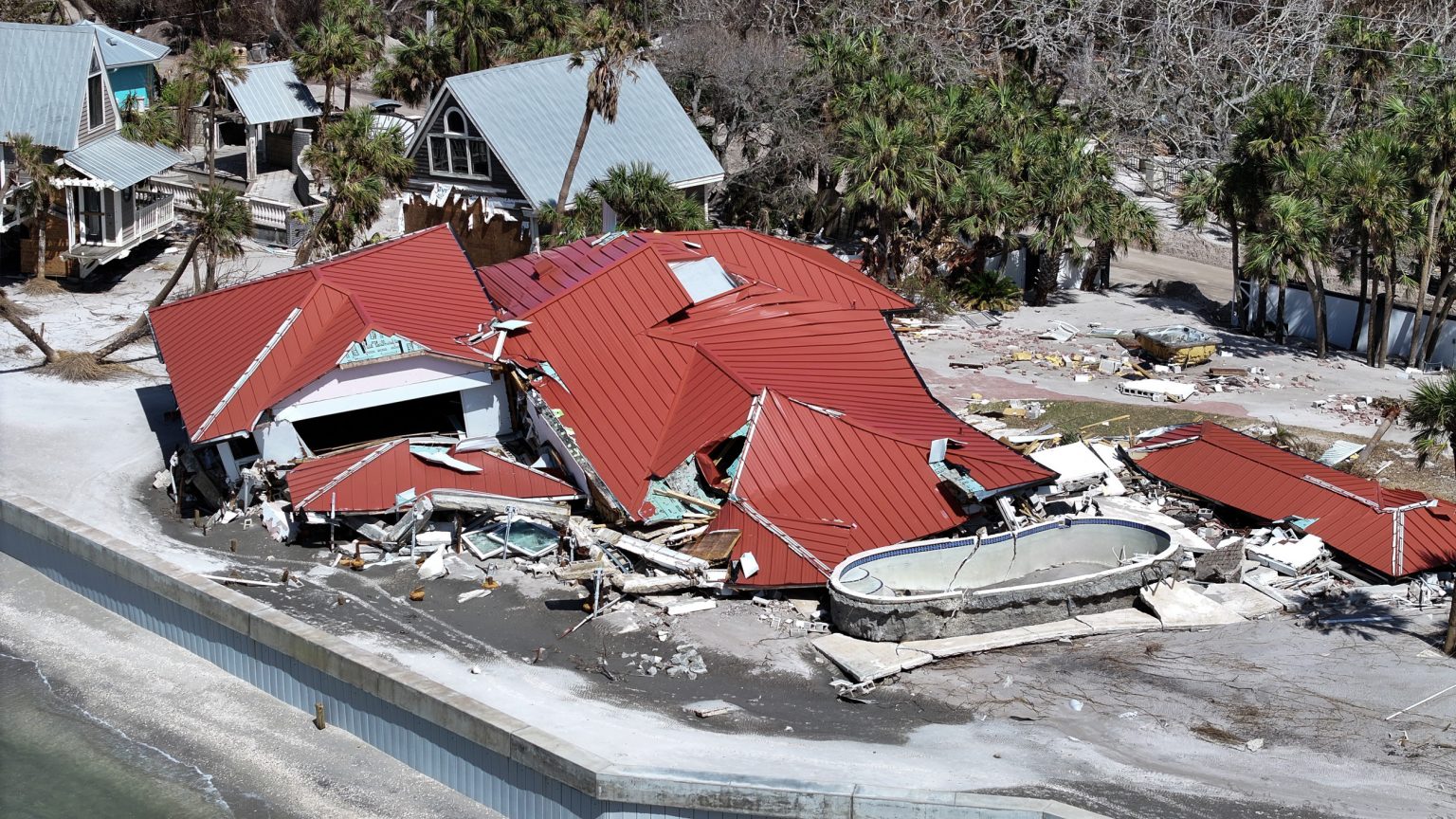The Florida homeowners insurance market, once teetering on the brink of collapse, is showing signs of recovery following a series of legislative reforms and a recent appeals court ruling. The court upheld the validity of Senate Bill 2-A, a 2023 law that prohibits the assignment of benefits (AOB) for insurance policies issued after January 1, 2023. This practice, where policyholders sign over their claim rights to third parties like contractors or attorneys, had become a breeding ground for exploitative litigation, driving up insurance premiums across the state. The court’s decision solidifies the state’s efforts to curb abusive lawsuits and stabilize the insurance market, offering hope for more affordable and accessible coverage for Florida homeowners. The ruling confirms that even agreements labeled as “Direction to Pay” can be considered AOBs if they meet the legal definition outlined in the new law. This clarification is crucial for preventing circumvention of the reform and maintaining its effectiveness in curbing frivolous litigation.
Experts offer varying perspectives on the extent of the market’s recovery. Some, like Lisa Miller, CEO of Lisa Miller & Associates, see the situation as dramatically improving. Miller points to a decrease in premium rate filings and anecdotal evidence of lowered premiums charged to policyholders as signs of a positive trend. She views the court ruling as another victory for consumers, preventing third parties from exploiting policyholders’ claim proceeds. Others, like Charles Nyce, Chair and Dr. William T. Hold Professor of Risk Management and Insurance at Florida State University, characterize the market as fragile but improving, acknowledging the positive impact of the legislative changes and a decline in Citizens Property Insurance Corporation policy counts. He cautions, however, that the market remains vulnerable to the impact of major storms, a long-term challenge for Florida insurers.
The long-standing issues plaguing Florida’s insurance market are multifaceted. While the excessive litigation fueled by AOB abuse has been a major contributor to the crisis, the state’s vulnerability to catastrophic storms and the increasing frequency and intensity of extreme weather events due to climate change also play significant roles. Furthermore, widespread fraud within the insurance industry has exacerbated the problem, adding to the upward pressure on premiums. The recent legislative reforms, including the AOB prohibition and other measures aimed at curbing litigation, address one critical aspect of the crisis, but the long-term stability of the market will depend on how effectively the state addresses these other underlying challenges.
The appeals court decision reinforces the legislative intent of Senate Bill 2-A, clarifying its scope and strengthening its impact on the insurance landscape. By upholding the AOB prohibition, the court effectively shuts down a significant avenue for frivolous litigation that had burdened insurers and driven up costs for homeowners. This legal victory sets a precedent that may influence other states grappling with similar issues of rampant litigation within their insurance markets. Scott Johnson, President of Johnson Strategies, LLC, predicts that Florida’s success in curbing AOB abuse will encourage other states to adopt similar legislative reforms to address their own litigation crises.
The positive effects of the legislative reforms are beginning to manifest in various ways. A decrease in rate filings with insurance regulators suggests that insurers are feeling less pressure to raise premiums. Furthermore, a reduction in policy counts for Citizens, the state-backed insurer of last resort, indicates a growing confidence in the private market’s ability to absorb more risk. These developments are encouraging signs that the reforms are working as intended, creating a more stable and competitive insurance environment in Florida. However, the true test of the market’s resilience will be its ability to withstand future catastrophic storms, a recurring challenge for the state.
The future of Florida’s homeowners insurance market remains uncertain, but there is a sense of cautious optimism among experts. While the legislative changes, especially the AOB prohibition upheld by the appeals court, have laid a foundation for stability, the market remains vulnerable to the unpredictable forces of nature and the potential for future fraud. The long-term success of these reforms will depend on continued vigilance in preventing abusive practices and a concerted effort to address the underlying challenges of climate change and fraud. The recent developments, however, offer a glimmer of hope that Florida is moving in the right direction towards a more sustainable and affordable homeowners insurance market.

